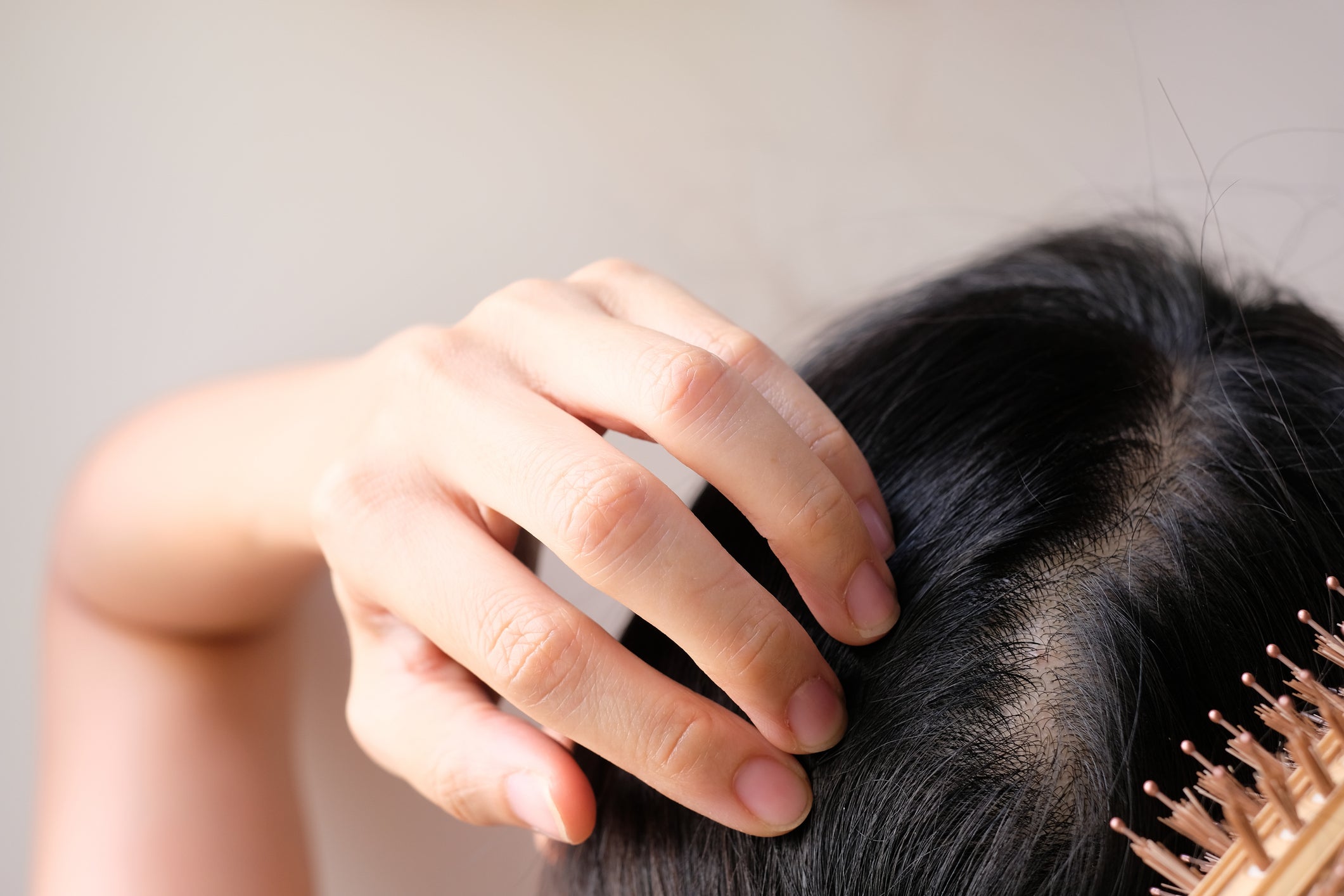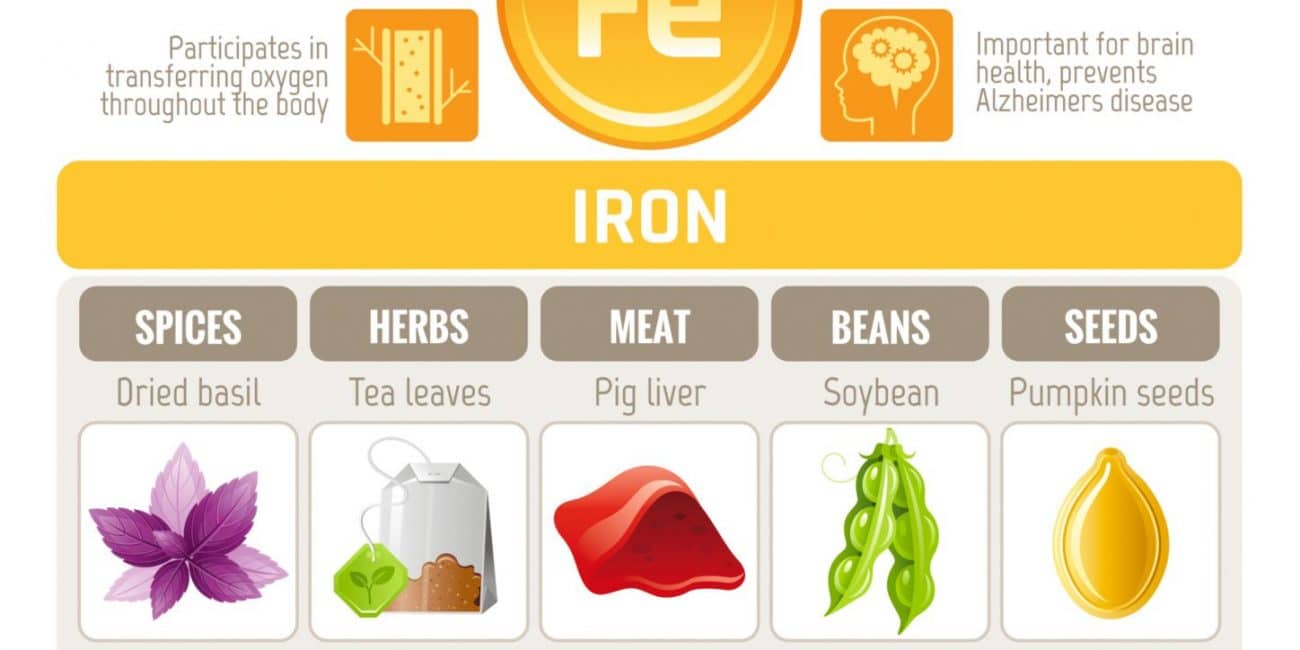Table Of Content

In addition, illnesses like celiac disease that result in malabsorption syndromes can impair the absorption of nutrients, causing nutrient deficiencies and hair loss. Nutrient deficiencies can also cause telogen effluvium, but these are not the only causes of the condition. Hormonal disorders, medication use, and autoimmune diseases are some additional causes of telogen effluvium.
Vitamin A
The serum and hair selenium levels were 38 ± 11 ng/mL and 0.34 ± 0.13 μg/g, respectively. Hair started to re-pigment after 6–12 months of therapy with intravenous selenium [117]. Similar findings, including alopecia with pseudoalbinism, were found in 6 infants receiving nutritional support. In these six infants, after starting daily selenium therapy (5 μg/kg/day), selenium serum levels returned to the normal range of 5–15 μg/dL, and alopecia and pseudoalbinism improved [118]. In most cases, a balanced diet will supply a healthy amount of vitamin A [14].
How do trees and green spaces enhance our health?
Doctors believe the platelets contain a significant amount of growth factors, which can help stimulate hair growth. Research in one study found that women who received PRP injections saw increases in the density and thickness of their hair after 6 months. The condition can be caused by many different things; from lifestyle changes, iron deficiency, or even illness. If an infection or another underlying condition that requires medical attention isn't present, and your hair loss isn't bothering you, you may choose to avoid treatment altogether. Yet iron is crucial for our immune systems, skin health, energy levels and muscle performance, and deficiencies can lead over time to the more serious condition of anaemia. If you often wear a hairstyle like braids or a tight bun that puts prolonged strain or stress on the hair follicle, that can cause a type of permanent hair loss called traction alopecia.
Data Availability
There is less hair follicle density and hair shaft thickness in iron-deficient people, according to studies. A lack of iron can also cause hair follicles to enter the resting phase of the hair growth cycle earlier than usual, which leads to hair loss and thinning. In addition to hair loss, iron deficiency can also cause other hair-related problems, such as brittle, dry, or dull hair. This is due to iron's role in sebum production, an oily substance that hydrates and safeguards the scalp and hair. It is important to note that other factors can also contribute to hair loss and hair-related problems, such as genetics, hormonal imbalances, stress, and certain medications. An in-depth examination must be performed by a healthcare professional in order to identify the cause of hair issues and create a successful treatment plan.

Diagnosis of Iron Deficiency Anemia
Symptoms of iron deficiency anemia can depend on the severity of the anemia. If your doctor confirms that you have iron deficiency — typically via a blood test — they will develop a treatment plan that best meets your healthcare needs. People who are pregnant or have heavy menstrual periods have the highest risk and should talk with a doctor about being tested for iron deficiency anemia. Here are 14 signs and symptoms of iron deficiency, starting with the most common. Also, find out how to recognize anemia in children and older adults, and when to see a doctor. You can minimise the impact of hair loss by implementing a good hair care routine and looking after your hair.
For some people, stomach bleeding may be related to the use of blood thinners. When this happens, you may need a lower dose or a different blood thinner. If you have had a major episode of blood loss due to something like surgery or trauma, you may need a blood transfusion. They also have an increased risk of low birth weight babies and premature birth. Yulia Treister-Gotzman contributed to the conception of the research.
Does Collagen Support Hair Growth?
Consumption of vitamin A exceeding the recommended daily limit of approximately 10,000 IU a day can lead to vitamin A toxicity. In a case report, a 60-year-old male who had been taking excess vitamin A supplements experienced non-scarring fronto-central alopecia as well as decreased pubic and axillary hair. The patient also reported dystrophic nail changes and an erythematous rash.
You should always follow the recommended dosage on the packaging when taking iron supplements. Iron is toxic in high doses, so taking an excessive amount can make you ill. If you’re unsure about the right amount of iron to take, speak to a pharmacist or doctor.
If you aren't consuming enough iron, or if you're losing too much iron, your body can't produce enough hemoglobin, and iron deficiency anemia will eventually develop. People experiencing both hair loss and an iron deficiency might need to treat both separately. According to some research, hair follicle cells can be particularly sensitive to decreasing levels of iron and may not be able to grow new cells as effectively when iron stores are low. Doctors are not sure why some people who experience hair loss have low iron stores. They do know, however, that iron is an essential component in an enzyme called ribonucleotide reductase that helps cell growth. Severe cases can even lead to cicatricial or frontal fibrosing alopecia due to tight hairstyles, causing inflammation, irritation, and itching.
Doktor tells us that once an iron deficiency is diagnosed, you'll want to pin down the cause. That's to ensure that once the problem is treated, it won't happen again. "Iron deficiency can be treated firstly by finding the root cause of the iron loss," she says. Pregnancy might see it get better, whereas once you give birth, it may worsen.
This controversy might be caused by study designs, methodology and clinical condition defining hair loss. In fact, only case reports have been used to justify the use of biotin supplements for hair growth. These case reports were in children and found that 3–5 mg biotin daily could improve hair health after 3–4 months in children with uncombable hair syndrome [37, 38]. Alopecia areata (AA) occurs when the immune system attacks the hair follicle. Studies have shown a relationship between AA and low vitamin D levels. However, more studies are needed to determine the effect of iron and zinc supplementation on AA patients.
Without enough hemoglobin, less oxygen reaches your tissues and muscles, depriving them of energy. Your heart also has to work harder to move more oxygen-rich blood around your body, which can make you tired. If you’re noticing hair falling out in the shower, or your hair loss is sudden/falling out in clumps, make sure you speak to your doctor to identify the cause. If you’re lacking iron in your blood, your skin might seem paler than is normal.
So, if you’re experiencing thinning hair, you might ask yourself which vitamin deficiency causes hair loss. Interestingly, hair loss isn’t typically caused by vitamin deficiency, although having too much of certain vitamins can contribute to thinning hair. Hair loss can also be caused by a lack of protein or iron in your diet.
11 Best Hair Growth Vitamins And Supplements (2024) – Forbes Health - Forbes
11 Best Hair Growth Vitamins And Supplements ( – Forbes Health.
Posted: Fri, 05 Jan 2024 08:00:00 GMT [source]
Your provider will also likely test your hemoglobin and hematocrit levels. These and iron tests are regarded as the most efficient and cost-effective way to diagnose an iron deficiency (DeLoughery, 2017). If supplements don't help with your symptoms or your anemia is severe, you might need a transfusion of red blood cells. Or, if you have an ulcer, tumor, or other growth, it may need to be treated with medicines or surgery. One study of nonmenopausal women found that 59 percent of those experiencing excessive hair loss also had iron deficiency.
If you’re experiencing hair loss, talk with your healthcare provider, who can help you address the causes of hair loss and develop a treatment plan that will work for you. Most adults shouldn’t consume more than 10,000 international units (IUs) of vitamin A daily. If you’re supplementing with vitamin A and notice hair loss, talk with a healthcare provider. Much of the body’s iron supply is stored in hemoglobin, but some is stored as ferritin (a blood protein that contains iron) in the liver. In fact, blood levels of ferritin are used to measure the total iron storage in the body (Barney, 2021).

No comments:
Post a Comment